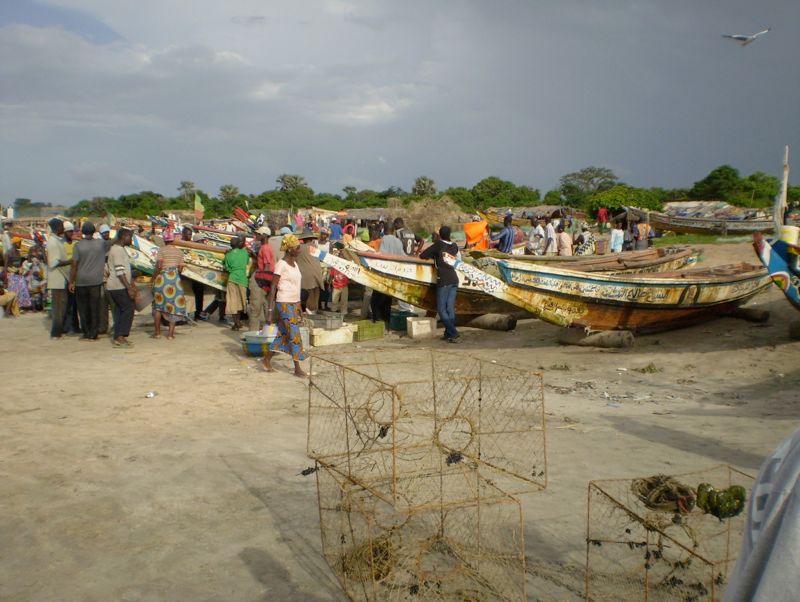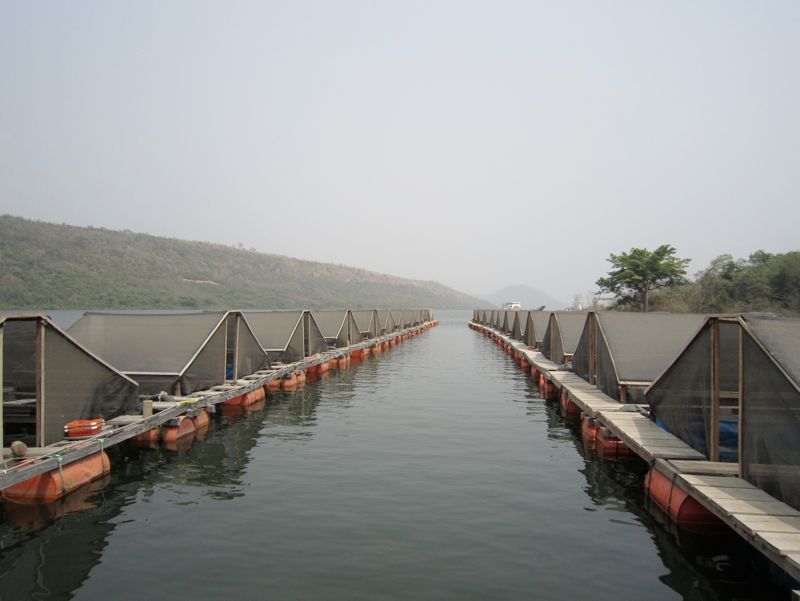The Partnership for African Fisheries programme (PAF) is a flagship programme of the NEPAD Agency, funded by the UK Department for International Development, (DFID). The PAF programme is advancing African fisheries thinking, investment and outputs by:
- Developing a coherent approaches for reform in fisheries through an inclusive think-tank process that promotes change through communication, learning, advocacy and a robust policy process which is informed by best international practice;
- Clarifying and publicizing the potential benefits that the African fishery sector has to promote pro-poor economic and social growth;
- Sharing and expanding knowledge and experience in tools, systems and policy requirements needed to tackle illegal fisheries as an integral part of improved fisheries governance; and
- Preparing innovative and equitable approaches to investment and trade in African fishery products.
Working with the Development Bank of South Africa (DBSA), NRI has helped to establish a working group which is seeking to promote investment in small to medium scale enterprises that work in the fisheries and aquaculture value chains in Africa.
A first meeting of the working group was held at the DBSA offices in late June of this year. The purpose of the meeting was to start the process of developing a mechanism for investing in African enterprises in the aquaculture and fisheries sector. The meeting sought to:
- Bring together potentially interested people who represent organisations that are able to bring this about.
- Highlight the investment and developmental potential offered by the fisheries and aquaculture sector.
- Examine the current situation both in terms of access to investment and application of investment.
- Identify gaps and opportunities.
18 people attended the meeting. Attendees included private sector, the finance sector, the financial services sector, donor representatives and researchers. Namibia, Zambia, Lesotho, South Africa, UK, France and Germany were represented.
During the meeting, Ana Marr and John Linton of NRI presented the findings of a series of seven case studies. The case studies are available on http://africanfisheriesinvestment.org and the presentations are available for download.
It was agreed that fisheries and aquaculture had considerable potential as an investment area. In the short term, activities surrounding aquaculture would probably represent the more attractive area for investment. It was also recognised that fisheries and aquaculture development was constrained by access to finance, capacity of the SME sector and the environment in which business operates.
The working group is now focussing on two core activities:
Supporting the development of a mechanism to promote and support investment in SMEs engaged in the fisheries and aquaculture value chains.
Through the preparation of:
- A prospectus for an investment fund: This would be prepared in order to solicit funding from the private sector. It would be based on the principles of impact investment and would incorporate the conditionality that would make it attractive to donor counterpart funding (see below). However, the underlying principle would be one of profitability. It is envisaged that investors would contribute to the fund and that the fund would be managed by fund managers.
- A concept note for a programme of donor support: Realising that commercial investment in SMEs is often constrained by the perceived risks, it was proposed that these risks be managed through a donor supported programme. Such a programme might address support to development of viable investment proposals, support to create an enabling environment through capacity strengthening, hand holding, advocacy etc., support to lever and focus resources from other projects and programmes.
Contributing to the 1st Africa Fisheries and Aquaculture Summit
In November 2010, PAF organised a pan-African ministerial conference on Fisheries and Aquaculture CAMFA. This conference was successful in so far that it raised the profile of fisheries and aquaculture in Africa and obtained ministerial commitment to promote the economic development of fisheries through good governance and management.
A follow-up summit is now being organised by a private organisation, IKAPAMEDIA (See http://www.fishsummit.co.za/). This will be held in the Seychelles in late November, 2011. Full details and registration procedures are available at http://www.fishsummit.co.za/.
It was agreed that the working groups participation in such an event would provide an excellent opportunity to promote the economic opportunities of the fisheries and aquaculture sectors. Indeed, if sufficient progress has been made, this would provide a high-profile launch pad for the Fisheries Investment Fund.
It was agreed that the working group would support the event by:
- Promoting it to our colleagues and networks
- Brainstorming approaches that would make it more attractive to participants
- Preparing for a specific fisheries investment side event.


